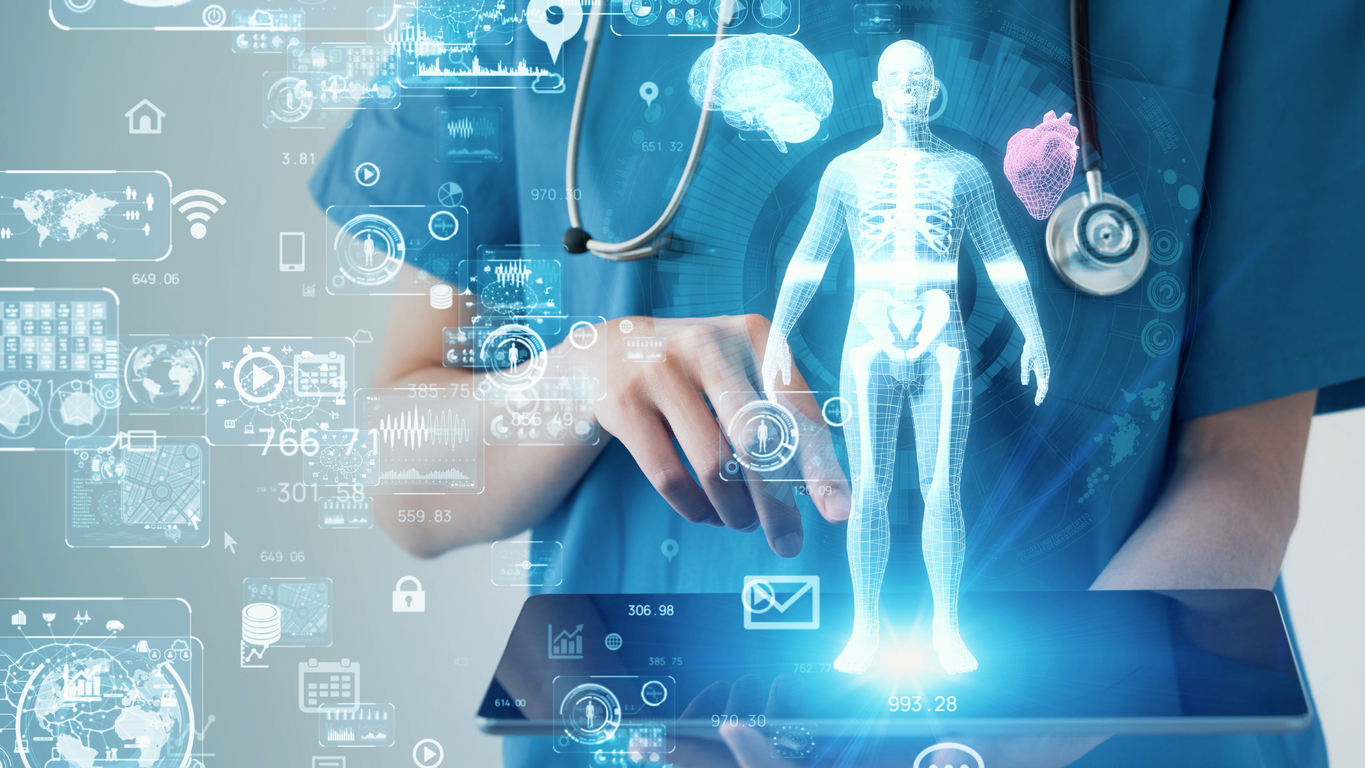Many praise the surge of technological advancement as humanity’s most cherished gift to himself. In reality, the power of technology has impacted all facets of our society, and the healthcare industry is no different.
Technology has changed the way healthcare is conducted in many ways. This blog will examine various aspects of how the modernization wave has benefited healthcare.
Simple access to medical documents
Patient data collection is among the most crucial aspects of the world of healthcare. Medical records are essential to doctors’ analysis of the patient’s condition and health and, ultimately, to discovering the best solution. It was the case that in past times, records of patients were utilized to generate large quantities of paperwork as all of the information was written on paper and pen. It was challenging to access old documents. But, thanks to the advancement of digitalization, patients’ health information is now incorporated into a cloud-based digitized system. This has created a remarkable ease for patients, specialists, doctors, and patients to access information with a single click and from any location at any time.
This type of system is known as Electronic Medical Records (EMRs) or Electronic Health Records (EHRs). It’s a health and patient information repository stored electronically in digital files. Sameer Bhargava, who works as Chief Information Officer and Chief Technology Officer for Caregiver, Inc., stressed the efficiency that EHRs have provided them.
His team transferred eight million documents from paper into the EHR system in eight months. “Moving to electronic records elevates our care ecosystem into a cohesive process that can provide a better network of services,” Bhargava declares. Technology has also made it easier to manage the process of collecting medical records, which allows doctors to extract details about patients in just a few minutes.
Reduction of medical errors is a growing public health concern because they occur regularly and are part of human performance, according to the official Starfield and that of the American Institute of Medicine (IOM). Medical errors within U.S. hospitals and healthcare institutions rank as the third most common cause of death. More than 98,000 deaths annually happen because of medical mistakes in hospitals.
Technology has enabled the creation of systems that have been tested to decrease the risk of medical mistakes and to save lives. Clinical CDS (or Decision Support (CDS) technology is a system that provides healthcare professionals with information about medical conditions and specific patient information.
The data is logically processed and then presented directly to healthcare professionals at the appropriate time frames, aiming to improve the decisions of the healthcare professional. It can provide guidelines and standards based on evidence, protocols and procedures, policies and recommendations regarding care, and other information—a study conducted by RA. Miller and coworkers revealed that using the CDS system helps reduce severe errors in medication by 55% and overall mistakes in medicine by 83%, demonstrating this system’s incredible effectiveness in assisting healthcare professionals with their diagnoses.
More patient care
The use of technology could increase the level of engagement among patients, offering insights to create specific, targeted health and wellness programs. These devices, which are wearables such as fitness bands and other connected wireless devices such as Fitbits, can monitor levels of blood pressure as well as an Electrocardiograph (ECG), providing the patient and their medical professional access to information that is personalized. These devices can depict calorie counts, exercise checks, appointments, blood pressure variations, etc.
Specialists can monitor patients’ health more effectively by monitoring their compliance with treatment regimens. This is particularly important for older patients and those who live independently, as their relatives or healthcare doctors will be immediately informed whenever any irregularity is observed. This is why these technological devices ensure that patients receive excellent care, improving the quality of healthcare for everyone.
Better patient education
Patient education plays an essential role in medical care, and doctors are adopting technologies to educate better and engage patients. Based on an upcoming poll of over 200 U.S. physicians conducted by Patient Point and Digital Health Coalition, more than 75% of doctors believe that patient education and engagement technology will enhance the patient experience. Ninety-five percent of the respondents said they were using technology to engage and help educate and connect with patients.
According to editors of trending health and tech blogging websites Bizztechinfo and Edutechbuddy, the technology has created software and applications that offer patients personalized health information on their requirements and health ailments. For instance, The Patient Electronic Portal is a safe online application that allows patients to access their health information and two-way electronically communicate with their healthcare provider via a computer or mobile device. The study found that this app has increased patients’ compliance with preventive medical procedures, their adherence to medical treatment, and their awareness and treatment of their illnesses.
Reduced costs
Medical mistakes within U.S. healthcare facilities and hospitals can cost $20 billion annually. Reduced medical errors directly decrease costs for both practitioners as well as patients. Through the use of technology, doctors can reduce the number of prescription errors and diagnoses.
Transitioning from paper to medical EMR in clinics could cut outpatients’ care costs by 3 percent. It’s estimated to save $5.14 saving per patient every month. Cloud-based EMR drastically reduces the use of paper in practices and can also reduce the cost of other mistakes.
Conclusion
In the grand scheme of things, technology has transformed the healthcare field by introducing a myriad of tools and systems which you could consider using to simplify your workflow and logistics and, in the process, offer top-quality treatment for your patients.
We hope that you find this post informative and beneficial to your practice. If you’re trying to raise your medical practice to the highest step, UNO Clinic Management System is always there to help. #tohyd #hydnews

